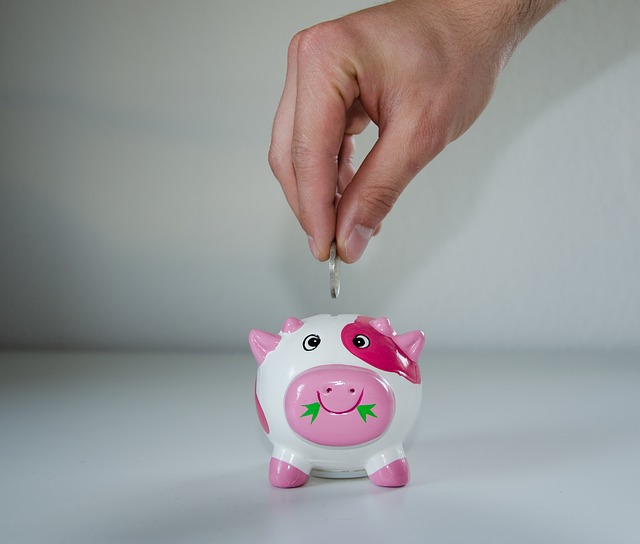
I have now been working full time and living on my own for over seven and a half years. I have always been taught to be independent, which has seeped into my personal finance decisions as well. Over these years I look back and realize just how naïve I was and what a long learning curve it has been for even some of the basics of personal finance. In a hope to shorten the learning curve, I thought of listing down what I believe are some of the basics every one should know as soon as they start earning and spending for themselves:
1. Net salary: Does this sound duh to you? Well, for quite some time I just had a vague idea and would never know the exact figure to expect despite being salaried with a standard monthly salary. I now know that knowing the exact figure here helps you know whether all your tax deductions are in place as well as your contributions to different account like your Provident Fund. Also, in my organization unless attendance is updated for each working day in the system and approved by the boss, salary is deducted for that day. In that case, as soon as I see the figure amiss I know that I need to check my payslip really well. Additionally, you should know all the benefits that come with your salary to ensure that you are making the most of it – Mobile bill reimbursements, medical bill reimbursement etc. These small things add up to a big sum of money.
2. Monthly obligations: If you are earning X every month, how much of that salary is a fixed outflow? This would include items like rent, EMI for any unpaid debt and even a ball park of any bills that you might be paying. If possible get an idea of any other must-do items on your list like groceries and put in a ball park to this category so that you know what is a minimum amount that you would end up spending every month.
3. Interest rate: The interest rate is a figure you should be aware of, for every service that you use – the interest rate that you earn on your savings account, term deposits, PPF, the rates at which you pay for your loans and any unpaid amount on your credit card. It is a basic to know just how much your money is making and how much you end up paying for any of the services that you are taking.

How much do you save every month and what is your emergency fund
4. Savings: Yes, the dreaded S word. You need to know just what percentage of your salary you are saving, and anything higher than 0 is a good start. As of now due to some commitments, mine is a very low number of 10{76b947d7ef5b3424fa3b69da76ad2c33c34408872c6cc7893e56cc055d3cd886} but growing every month. Know what pockets you have savings in as they tend to be pretty spread out – deposits or 10-year bond or PPF or Mutual Funds or Emergency Fund (in a savings account or money market fund). Why Emergency Fund? What if you realize that your current job is making you really unhappy and taking a toll on you? This fund can give you the option to say – “Fuck it” even at the cost of taking some time to figure things out.
5. Taxes: Whatever you earn right now, taxes will eat up a substantial chunk out of it. What you can do is ensure that you limit that chunk by making smart investments through Section 80C, Health Insurance and NPS. This is not all. Make the most of other elements like HRA (House Rent Allowance), Medical bill reimbursements and any tax-free components like Sodexo meal vouchers. It is ok to get a CA to file your taxes but it is not ok to not be aware of those numbers for yourself. I still get confused with my numbers some times but I am super proud every time I file my own taxes.

Knowing your outstanding debt is the first step to tackling it
6. Outstanding debt: Paying off a debt? Debt can be a monster and as they say – know thy enemy. Know all the basics of your debt – EMI, unpaid principal, interest rate, end date of loan as per schedule etc. Having it at the top of your mind will help make debt repayment a priority as well.
7. UAN Number: The Universal Account Number (UAN) is a new facility started by the EPFO (Employee Provident Fund Office) to streamline the entire EPF process for employees. It is an extremely handy number to link multiple organization EPF accounts to and even easily check your balance through SMS or missed call from your registered mobile number. Ensure you count in your EPF (Employee Provident Fund) as a retirement nest to not be touched before you decide to get out of full-time employment.
Like with anything you want to know better, knowing these basic facts about your money will help you set a strong foundation for a better relationship with it.
If you want to know or discuss any of the points in more detail, do feel free to contact me.





Leave a Reply